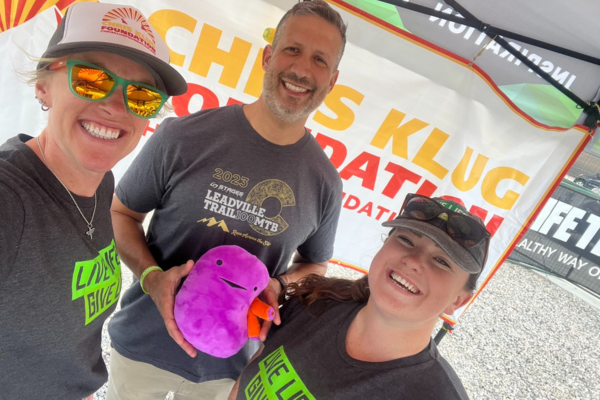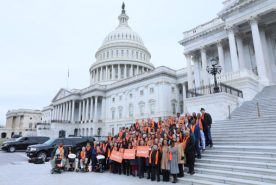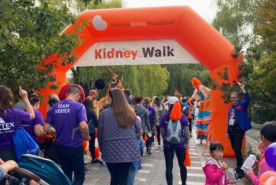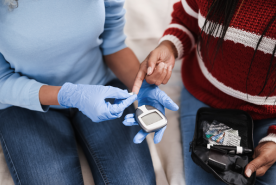November 21, 2023
High rates of risk factors and barriers to transplant
[VIDEO::http://www.youtube.com/watch?v=ufDWuv5UwQo::aVideoStyle]
Diabetes, the leading cause of kidney disease, has hit epidemic levels in South Carolina. According to the American Diabetes Association1, 13.2% of adults in SC have diabetes and 34.9% have prediabetes.
The second leading cause of kidney disease, hypertension (high blood pressure), isn't far behind. The S.C. Department of Health and Environmental Control2 reports that 1 in 3 South Carolinians have high blood pressure. Thousands more don't know it.
"We have high rates of diabetes and hypertension," said Zach. "Awareness of these risk factors is very low. We need more education around these topics."
If the kidneys fail, there are only two treatments–dialysis or transplant. Since dialysis can be demanding, a transplant is generally the preferred treatment. Before MUSC's intervention, significant barriers stopped African American/Black patients from undergoing transplant evaluation.3
"Common barriers to transplant include weight, transportation, and poverty. Many patients or potential living donors are overweight. South Carolina is a rural state. It doesn't have great public transportation or access to urban areas. It is difficult for rural patients to make it to their appointments," said Sutton. "Others don't have anyone to help them recover from surgery."
Learn more about the factors that cause kidney disease and block transplant access.
Creating a new system
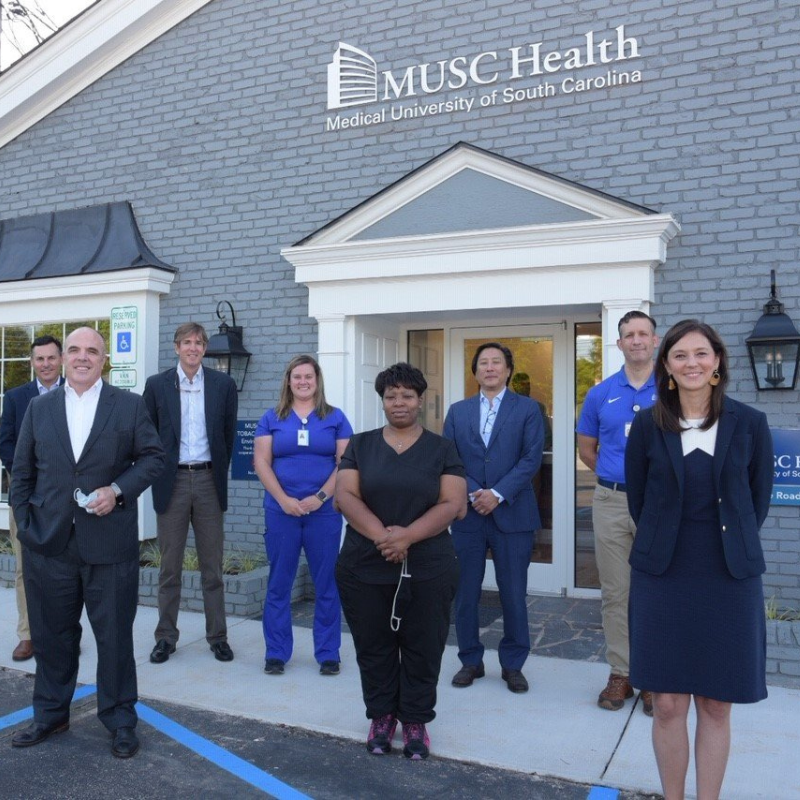
In 2017, MUSC had enough. They partnered with the South Carolina Telehealth Alliance to create a system that worked for patients and not against them.
"We opened up outreach offices, like mine 200 miles away from Charleston, all over the state. Now more rural pre-transplant patients have access to transplant evaluation," Sutton said. "We also practice telehealth in suites. These suites allow us to see patients quickly and facilitate their testing at local doctors' offices. That way we only need to bring them into our office for their final in-person evaluation."
Afterward, a committee meets to determine whether the patient is a good candidate.
"Making these determinations quickly is good for the patient. If they aren't a candidate, we call them and create a plan that will help them get onto the waitlist. For example, weight may be an obstacle. We can refer them to weight loss programs and bariatric surgery," Sutton said. "If they are a candidate, it's important to get them on the waitlist as soon as possible. We want to prevent them from falling off the list due to declining health or change in circumstances."
MUSC is also encouraging kidney healthcare workers to expand their transplant knowledge.
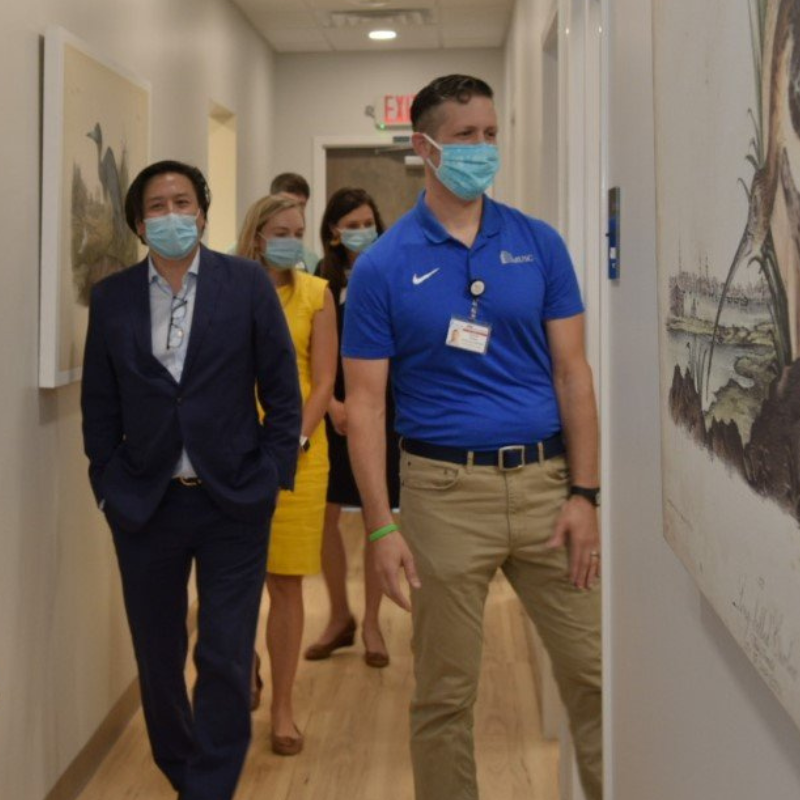
"I bring in dialysis staff to see a kidney transplant and evaluation in person. When they go back to their clinic, they can share the experience with their patient. It helps staff understand what patients go through. It also allows staff to better prepare patients for transplant," said Sutton.
Sutton hopes to bring transplant staff to dialysis centers. His goal is to help staff understand every aspect of the kidney journey.
NKF is here for you no matter where you are on your journey. The Kidney Learning Center offers interactive education designed for people with kidney disease, families, care partners, and those who are living donors or are interested in becoming a living donor. Join The Kidney Learning Center today.
The results are in
Did MUSC’s new approach work? It did! A study4 on MUSC's new system compared African American patients with kidney failure to African American patients that successfully took steps towards transplant. In the study, they saw that racial disparities in the rates of starting and completing a transplant evaluation and being added to the waitlist all improved significantly, and in some cases, virtually disappeared.
Using a measure of equity where a “1.0” is complete equity, here are their results:
- Starting a kidney transplant evaluation improved from .89 to 1.0, achieving complete equity!
- Completing a kidney transplant evaluation improved from .85 to .95
- Being added to the waitlist improved from .83 to .96.
Another part of MUSC’s equity program is adjusting transplant wait time for Black/African American patients now that the race coefficient is no longer used in the eGFR equation. Learn more about the adjustment of transplant waiting times.
Race is still used in the Kidney Donor Risk Index (KDRI). Tell the Organ Procurement and Transplantation Network (OPTN) to stop using race in clinical calculations. Sign the petition now.
Leading by example
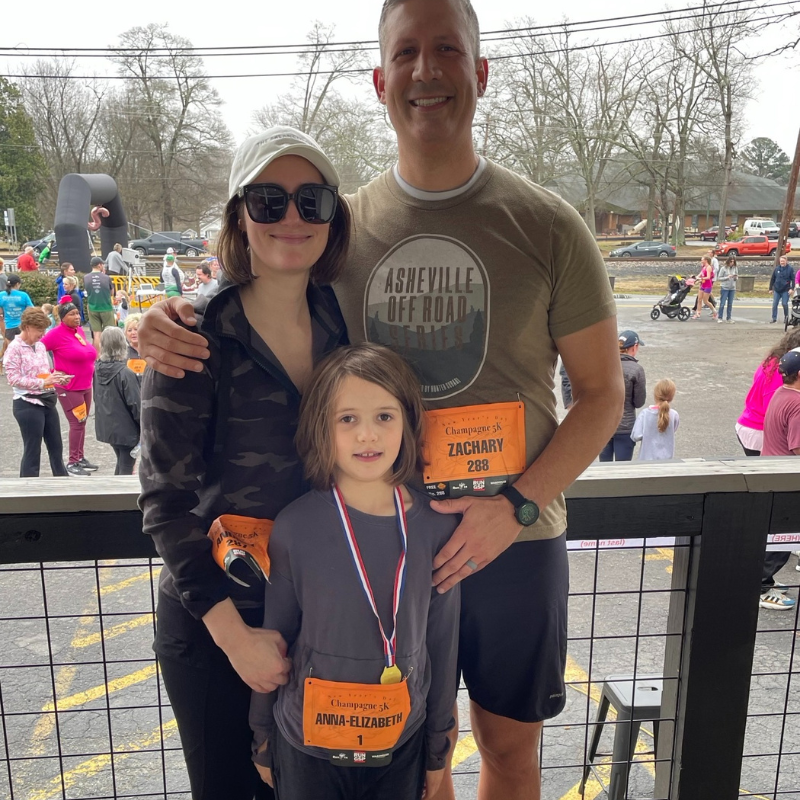
Sutton isn't only a practitioner. He has first-hand experience with kidney disease, kidney failure, and transplantation.
"My grandmother passed away on dialysis when I was younger. This gave me a good understanding of how difficult living with end stage disease is. It inspired me to work in kidney health," Sutton said. "After high school, I went to MUSC as a physician assistant student and got to shadow a transplant surgeon. That experience solidified my desire to donate a kidney. In 2008, I donated between school semesters. I was South Carolina's first altruistic living kidney donor. 15 years later, I started working under the physician who performed my surgery."
Since then, Sutton has shared the wonders of living kidney donation with the world.
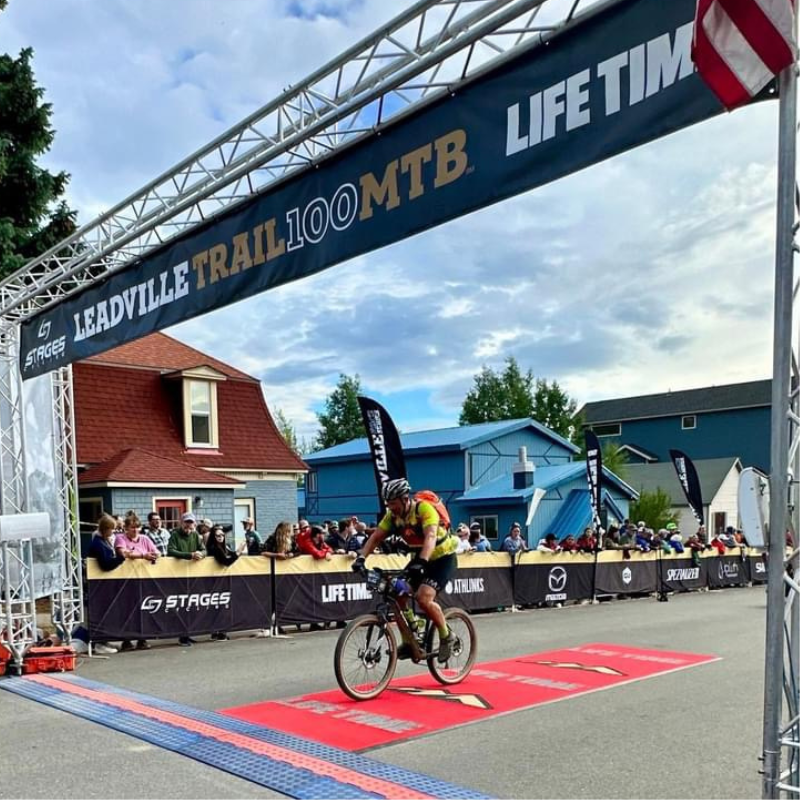
"Other than the birth of my daughter in 2015, I'll never top my altruistic kidney donation. It's important to me that I share my story to inspire other people to donate. Since my donation, I've been able to do everything I did before–except contact sports to protect my kidney from injury. I participated in Unbound, the largest gravel bike race in the world. I biked 650 miles to raise awareness for heart disease. I won a coveted prize in one of the most prestigious endurance races in the country," said Sutton. "Becoming a living donor doesn't take these opportunities away. Living donation isn't the end, it's the beginning."
Why does Sutton do what he does?
"I love raising awareness. I love taking care of my kidney patients. I love helping people get on the transplant waitlist," Sutton said. "Seeing a patient receive a transplant is incredibly fulfilling."
A fairer kidney disease system can be a reality with your help. Learn how to support NKF's efforts to ensure KIDNEY EQUITY FOR ALL™.
Sources
1 “The Burden of Diabetes in South Carolina .” American Diabetes Association, Apr. 2022, diabetes.org/sites/default/files/2022-04/ADV_2022_State_Fact_sheets_all_rev_SC-4-4-22.pdf.
2High Blood Pressure, S.C. Department of Health and Environmental Control, scdhec.gov/health/diseases-conditions/heart-disease-stroke/high-blood-pressure#:~:text=About%201%20in%203%20South,blood%20pressure%2C%20also%20called%20hypertension. Accessed 3 Oct. 2023.
3Thorn, Ryn. “Bringing Racial Equity to Kidney Transplant Evaluation.” MUSC, Medical University of South Carolina, 11 Apr. 2023, web.musc.edu/about/news-center/2023/04/11/kidney-transplant-equity.
4Taber DJ, Su Z, Gebregziabher M, Mauldin PD, Morinelli TA, Mahmood AO, Magwood GS, Casey MJ, Scalea JR, Kavarana SM, Baliga PK, Rodrigue JR, DuBay DA. Multilevel Intervention to Improve Racial Equity in Access to Kidney Transplant. J Am Coll Surg. 2023 Apr 1;236(4):721-727. doi: 10.1097/XCS.0000000000000542. Epub 2023 Mar 15. PMID: 36728400.
